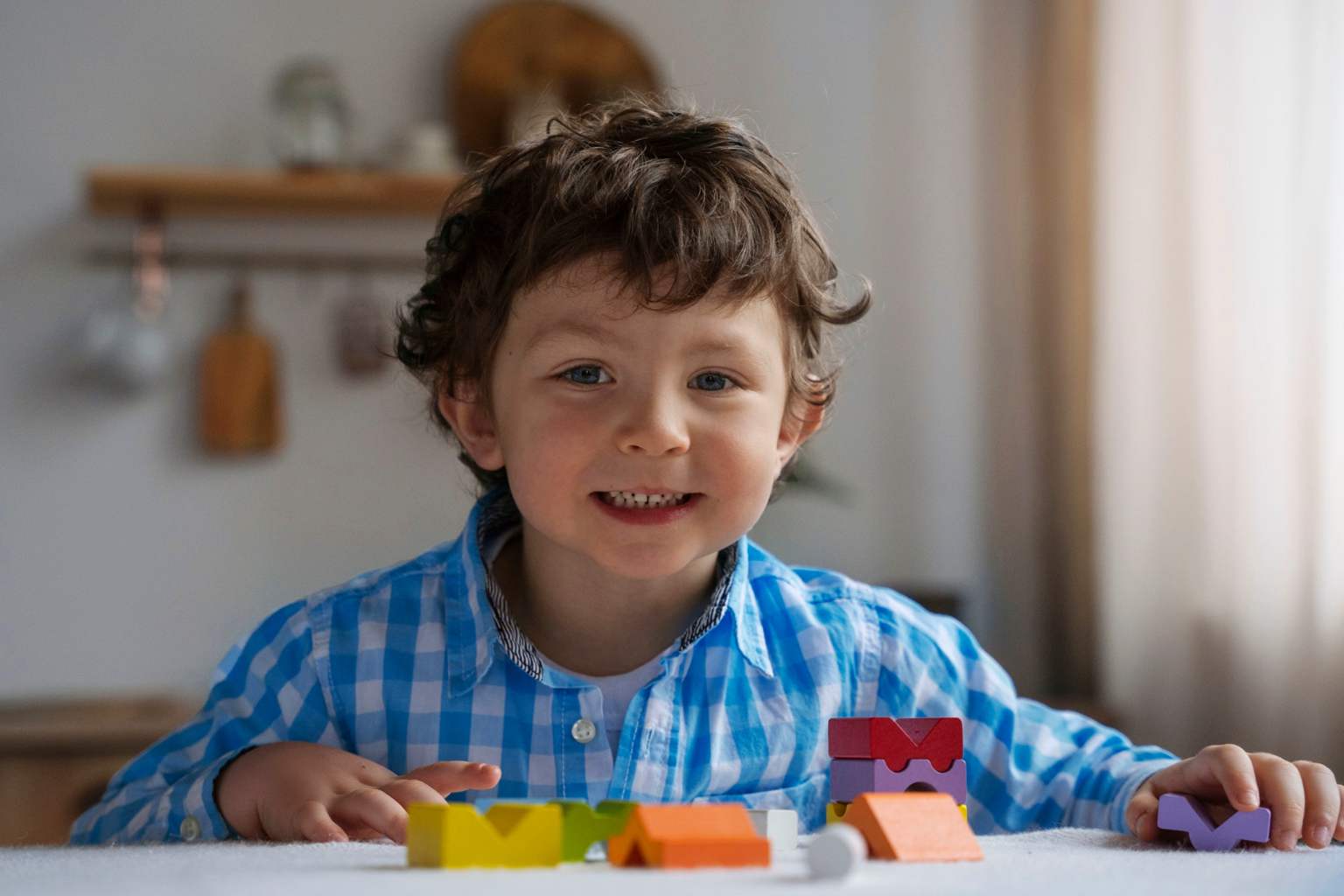“Out of 5 billion people on this planet, you are the perfect mom for me. What were the chances of that happening?” This tender line from the young prodigy in the Netflix hit series Young Sheldon beautifully illustrates how simple words can deeply influence a child’s bond with their parents and their intellectual awakening. It highlights a truth that many parents wonder about: intelligence isn’t just inherited—it’s shaped by the environment and everyday conversations.
A groundbreaking study published in the journal Developmental Psychology reveals just how crucial parent-child dialogue is in nurturing a child’s intellectual and behavioral growth. The research found that children whose parents speak more and use a varied vocabulary tend to develop stronger reasoning skills and better logical abilities, including in math.
The power of words in building cognitive skills
To reach these insights, researchers followed 107 children between the ages of 2 and 4, equipping them with tiny audio recorders that captured 16 hours of natural conversations over three days. This rich data set offered an unprecedented window into the typical home environment.
“The number of words spoken by adults that children hear is positively linked to their cognitive abilities, ” says Katrina d’Apice, the lead author of the study. She notes, however, that further research is needed to fully understand the dynamics at play. It may also be that “smarter children naturally elicit more speech from adults around them.”
What really stood out was the emphasis on the quality of interactions. Kids exposed to rich, diverse vocabulary showed superior word knowledge. This suggests that it’s not just about talking more, but speaking well—using varied and stimulating language to help kids build strong language and thinking skills.
How positive parenting reduces disobedience and aggression
The benefits don’t stop at intelligence. The way parents communicate also shapes children’s behavior. The study points out that a “positive parenting” style is connected to lower levels of aggression, disobedience, and restlessness.
Positive parenting means responding warmly and encouragingly to kids, which helps create a loving, supportive home where children feel safe to explore. This foundation is essential for both emotional growth and learning.
As Sophie von Stumm, co-author of the study, remarks, this is “the largest observation of childhood home environments to date.” The figures confirm what many parents observe instinctively: some children hear twice as many words in a single day compared to others, highlighting how early experiences vary widely and have real consequences.
Creating a nurturing environment through daily conversation
So what can parents take away from this? Simply put, talk to your child—often and kindly. The findings show that children flourish in environments where they are spoken to frequently and with positivity.
Reflecting on my own experience, I remember how one afternoon of encouraging my niece’s endless questions—not dismissing them but playing along—turned into hours of shared discovery, and her confidence and curiosity soared afterward. It’s little moments like these that can shape a child’s future.
If you’re curious about your own child’s development, try a simple experiment: count how many words you use with your child during a typical day and observe their response. Do you notice changes in their engagement or willingness to obey when you focus on positive, rich language?
Engaging openly with our children doesn’t just help them grow smarter; it deepens bonds and makes every day a little more magical. What are your favorite ways to talk with the kids in your life? Share your stories or tips below, and let’s spark a conversation that encourages us all to listen and speak more meaningfully.
References
A naturalistic home observational approach to children’s language, cognition, and behavior. Developmental Psychology (2019), https://doi.org/10.1037/dev0000733
